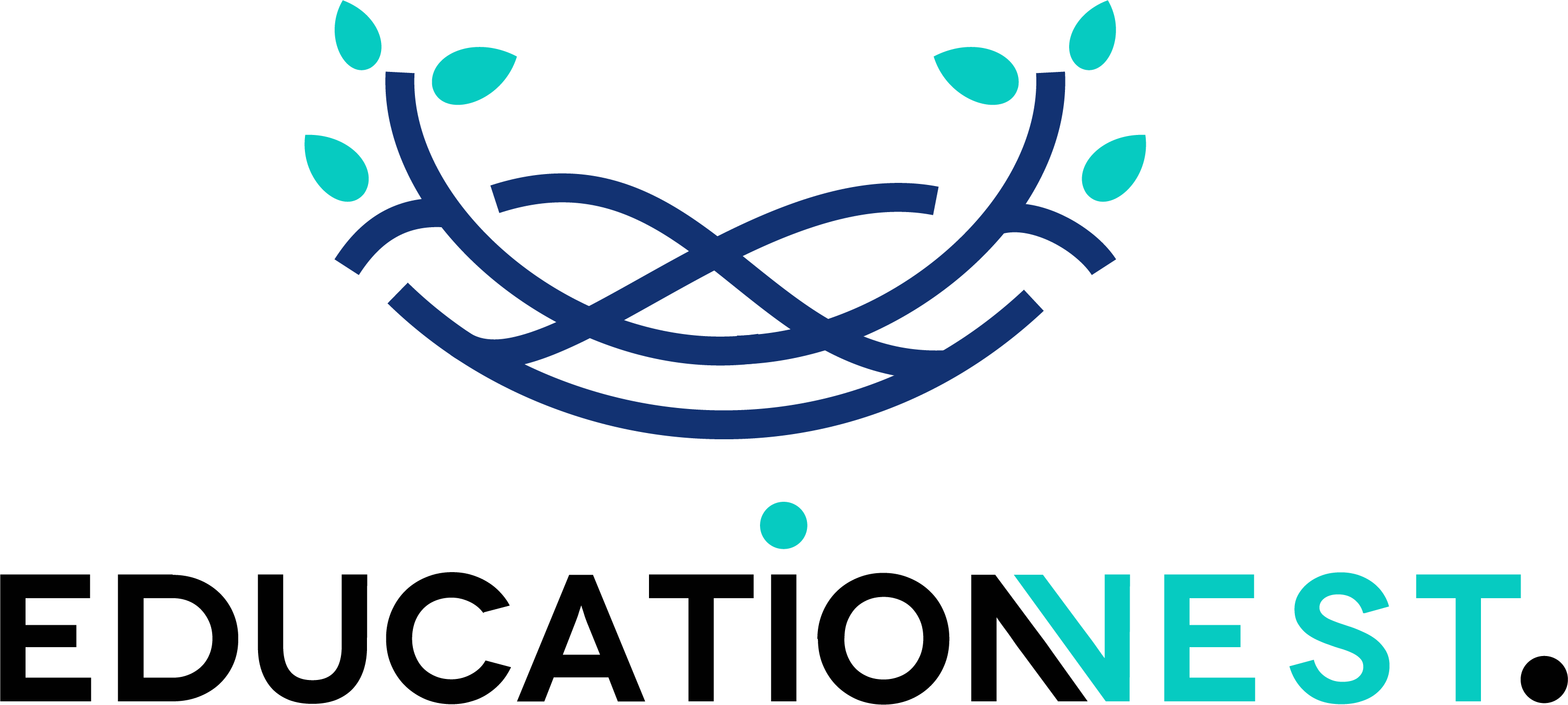
Monitoring is an important tool in the ever-changing world of DevOps, where it is used to keep software releases and server management running smoothly. Reliable monitoring tools are needed for the best performance, early problem detection, and proactive management. In this post, we’ll look at the world of DevOps monitoring tools and show you a few strong, open-source alternatives worth looking into.
In fact, we’ll also discuss the main benefits of adding monitoring tools to DevOps processes. So, let’s dive in and find out everything we can about DevOps monitoring!
Firstly, let’s understand the meaning of devOps monitoring.
DevOps Monitoring: Meaning
DevOps is a project that aims to make it easier for programmers and IT administrators to work together. Many businesses that have adopted DevOps have found that the tools for monitoring it are very useful. The best DevOps monitoring tools may be open source or proprietary, depending on the needs of the business.
With the help of DevOps Monitoring, you can keep track of how well an application works and how it is set up. Some of the metrics that DevOps Monitoring tools track are how well an application works, how often it is available, and how safe it is.
Part of the DevOps process is putting code together, testing it, and putting it out at regular intervals. As part of continuous integration (CI), all of the developers’ working copies are merged with the shared mainline several times a day. By running automated tests as part of the software delivery pipeline, continuous testing (CT) aims to find software bugs quickly. With continuous delivery (CD), newly built versions are sent to production right away and on their own.
Now, let us see why devOps monitoring is important.

What is the Main Benefit of Using a Monitoring Tool in Devops?
DevOps monitoring makes it possible for teams to respond quickly and automatically to any changes in the quality of service that customers receive. The number of broken production changes goes down because developers can go back to earlier stages of the process. With better software instrumentation, problems can be found and fixed by hand or automatically, depending on the circumstances.
Next, let’s learn about the various kinds of devOps monitoring tools.
Kinds of DevOps Monitoring Tools
Without monitoring tools, continuous integration and deployment (CI/CD) is useless. They make it easier to find and figure out problems when making software. As a bonus, they tell the team about any new problems that come up, which helps the team deal with them.
Let’s take a look at the different kinds of monitoring software that are out there.
- Continuous monitoring DevOps tools
- Server monitoring DevOps tools
- Log monitoring
- Pipeline monitoring
- Application monitoring
Following this, let’s move on to the main part of our topic, a list of best devOps monitoring tools.
Also Read:
Breaking Down the DevOps Engineer’s Salary: A Comprehensive Guide
DevOps Monitoring Tools List
During the software development lifecycle, you need DevOps monitoring tools to make sure a steady flow of good code. With the help of these tools, important metrics, logs, and events can be tracked and analyzed. This lets teams find outliers, fix bugs, and improve system performance.
Here are a few important devOps monitoring tools:
Prometheus:
It is one of the best open-source monitoring tools for collecting metrics and sending alerts based on time-series data. It can be changed to fit different needs because its query language is flexible and it has a large ecosystem of add-ons.
Grafana:
A nice-looking, easy-to-use interface with the latest charting and mapping tools to show data. Grafana can easily connect to many different data sources, including Prometheus. This lets you make powerful dashboards for monitoring.
Zabbix:
A powerful monitoring suite that can keep track of networks, servers, applications, and much more. Zabbix is a system that makes it easy to keep track of events and respond to them as they happen.
Datadog:
A cloud-based system that can track and analyze data from start to finish. The dashboards, anomaly detection, and team collaboration tools in Datadog help businesses learn more about their IT systems.
Nagios:
A lot of people ask ‘is Nagios a devOps tool?’. Well, definitely yes, it is a tool used for keeping track of things that has been used for a long time and is known for being able to grow and change. Nagios lets you keep an eye on a lot of different parts, and it has alerts, notifications, and a lot of ways to report.
Conclusion
It is important to use DevOps monitoring tools to make sure that the software delivery pipeline is steady and works well. Teams can use powerful tools like Prometheus, Grafana, Zabbix, Datadog, and Nagios to keep an eye on their infrastructure, applications, and performance metrics in real time. Tools like these help DevOps work well because they make it easier to find problems early, fix them quickly, improve performance optimization, work better as a team, and make better decisions based on data. Therefore, use monitoring tools, make your processes easier, and bring your DevOps methods to a whole new level.
Always remember that in the ever-changing world of DevOps, success, reliability, and scalability all depend on the use of reliable monitoring tools.
When DevOps monitoring tools are used wisely, they go from being useful resources to being crucial parts of the infrastructure needed to reach strategic goals.

